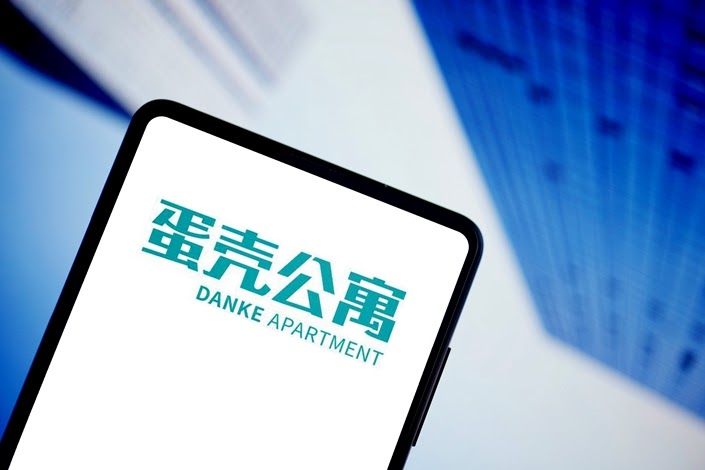Apartment rental platforms apologize for exploiting customers during COVID-19 outbreak

Danke and Ziroom, two of China’s biggest online home rental platforms, have come under fire from apartment owners and tenants for engaging in exploitative business practices during the COVID-19 outbreak. These include raising rents on quarantined people, and suspending rent payments to apartment owners while still collecting rent from tenants.
The controversial practices first came to light (in Chinese) after a growing number of people took to social media to share their unpleasant experience of dealing with the two platforms in the midst of the epidemic. According to some apartment owners who let Danke and Ziroom manage and rent out their properties, they were told by the companies last month that they needed to offer a zero-rent period to their tenants because of national policies regarding the outbreak.
“To comply with orders from the government and reduce the epidemic’s negative impact on the rental market, Danke has decided to impose a zero-rent period that lasts at least 30 days on your property,” a Danke employee said in a WeChat group involving dozens of apartment owners. According to the person who shared the screenshot of this message on the Chinese internet, the policy has affected more than 70,000 apartment owners, whose properties are located in various cities, including Beijing, Shanghai, and Chengdu.
However, it turns out that Danke and Ziroom never exempted the tenants in those apartments from paying rent and service fees, even though many of them were unable to return home after the Lunar New Year holiday because of travel restrictions that have jammed up transport links across the country.
In a post (in Chinese) published on January 30, Weibo user @QwYkio said that she contacted Danke staff asking for a rent suspension on her apartment in Wuhan, which she was banned from entering as the entire city was in lockdown. Danke declined her request and threatened not to return her security deposit if she stopped paying rent. “Looks like I’m not the only victim. It doesn’t make any sense to me that I still have to pay rent given that I’m not in Wuhan and I can’t go back to Wuhan,” the angry renter wrote. “Do you have any conscience?”
On the other hand, a group of Ziroom tenants made complaints (in Chinese) about how the company unexpectedly raised their rents. According to a customer in Beijing who wanted to extend his lease in January, Ziroom said his rent would increase from 3,230 yuan ($463) to 3,690 yuan ($529) a month because the apartment’s market value had changed amidst the epidemic.
“To me, Danke and Ziroom have become synonymous with vampires cashing in on the country’s plight,” a Weibo user wrote (in Chinese). Others are calling for a boycott. Another Weibo user stated, “They have been gradually increasing rents over the course of the last few years, and that is the main contributor to China’s housing crisis. We need to boycott them or we will have no choice but to be exploited.”
Ziroom and Danke both responded to the escalating PR crisis. On February 2, Ziroom told the Global Times (in Chinese) that it never intended to “drive up rents to take advantage of the epidemic.” The company also declared that it would offer special deals for its long-term renters in February in order to alleviate “their housing difficulties in this unusual time.” Danke announced (in Chinese) on February 3 that it would return one month’s rent to tenants in Wuhan, as well as make rent concessions for tenants in other cities based on how much of their work was affected by the outbreak.
The responses, however, were not well received among some customers, who argued that what the two rental services said in their statements directly contradicted what they did to them. Commenting on the news, a Weibo user wrote (in Chinese): “Ziru is such a liar. I’m here to tell you all that they just raised my rent by 15% and I’m a long-term renter.”





